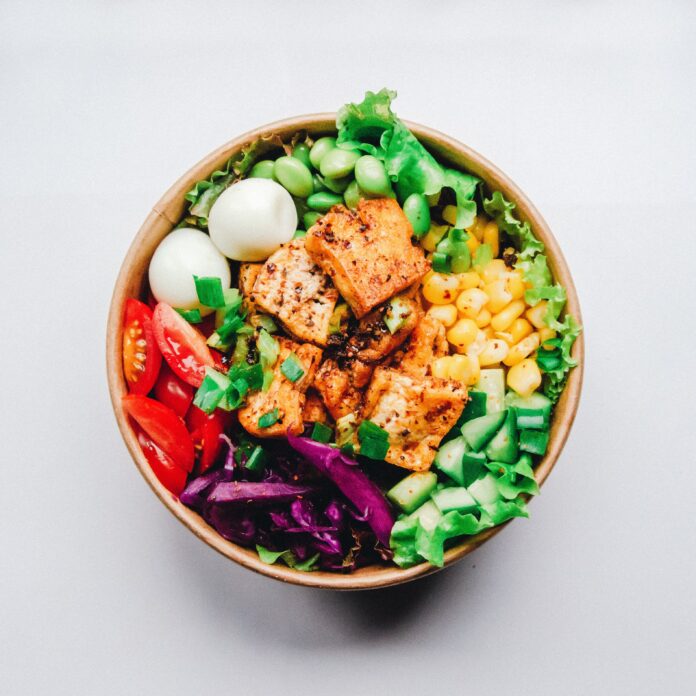
THE ODD upset tummy here, an occasional bout of diarrhoea there. It may be considered ‘normal’ to experience digestive discomfort from time to time, especially if you travel to exotic countries a lot. However, if you suffer from chronic, prolonged digestive trouble, it’s time you looked a bit more closely at the problem.
Whenever there are symptoms like bloating, cramping, acid reflux, nausea, vomiting, diarrhoea, or constipation, it’s the body’s way of warning you that all is not well.
In the short-term, like a dose of food-poisoning, the not very pleasant symptoms of vomiting and diarrhoea can be lifesaving as the body is trying (very effectively) to rid itself of the poison.
From day to day though, the digestive system should run smoothly, assuming we are treating it well.

- External Walls: Up to €8,000 Grant
- Attic: Up to €1,500 Grant
- Cavity Walls: Up to €1,700 Grant
- Internal Dry Lining: Up to €4,500 Grant
The all-important balance between good and bad bacteria is vital to keep the digestive system running well. We have a few pounds of bacteria in the gut and as long as the good bacteria proliferate, they keep the environment sweet, breaking down foods to absorb the maximum amount of nutrients with a minimum of hassle.
If the balance tips the other way, where the bad bacteria start to thrive, we can experience a number of symptoms. In this case, foods start to ferment and putrify instead of breaking down properly. This causes a build-up of gases, which leads to bloating and flatulence and, even more seriously, endotoxins.
These waste products are poisonous to our system. If these get into our circulation, we can develop local problems, like leaky gut or IBS but systemically, problems such as joint complaints, lung weakness, poor concentration, ME, mood swings, and more can all result.
By the time the situation has gone this far, the bowel is rarely considered as a causative factor, when it should be the first place to look. So, how do we fix this?
As with most things in naturopathy, there is no one answer, as there is rarely just one cause.
For some people, they know their diet isn’t up to scratch, but continue to plod on because it seems easier to take medication to alleviate the symptoms. As long as it doesn’t entail changing their routine, they’re happy enough to put up with it.
Of course, this approach simply can’t work for long. Remember, symptoms occur for a reason, so masking them with antacids, laxatives or anti-diarrhoeals is like gagging the messenger. The body’s only option then is to send a bigger, better messenger in the form of a more serious or chronic complaint, by which time it’s a lot harder to fix the problem.
Simply put, don’t ignore the early signs of imbalance.
For other people, their diet may be exemplary but they’re simply not absorbing the nutrients from it. This could be due to a lack of digestive enzymes, meaning they can’t break down their food efficiently. The simplest way around this is to slow down and chew your food properly. If this means you can only manage smaller portions, no problem. It’s better to have a small portion you digest well, than a mountain of food your body can’t utilise.
Add in some enzyme-rich foods like spouted seeds, miso soup or a small salad to maximise absorption.
Another major cause of malabsorption, which no amount of supplements or dietary adjustment will fix, is stress. Stress impacts substantially on gut health, as anyone who has suffered from Crohn’s or IBS will tell you.
The gut-brain connection is a two-way highway of vital importance to optimum health. Whether you carry stress physically, in your shoulders, or mentally by harbouring other people’s problems or your own worries, it’s important to find a way to deal with it.
Gentle exercise, yoga, meditation, Bach flower remedies, or more intense physical activities are all helpful. If you are especially tense or high strung, you may find that choosing something more dynamic helps to burn off that excess adrenalin. Martial arts can be ideal.
So, if you’ve managed to get your stress levels under control, you may want to fine tune your diet a little. It goes without saying that cigarettes, alcohol, and coffee are detrimental to your health and this is no less so where digestive health is concerned.
You want to get maximum oxygen into the gut to prevent those disease-causing anaerobic microorganisms thriving, so cigarettes are entirely inappropriate. The pH of the gut is also important, so overly acidic coffee and alcohol inhibit the natural balance. On the other hand, natural agents like Molkosan, Kefir, buttermilk, or live natural yoghurt help to restore that pH.
Bitter foods, like artichoke, lettuces, rye, or specialised bitter herbs also help tonify the liver, which has a positive effect on gut function.
Choose your fibres carefully. Wheatbran can be quite coarse, further aggravating an already delicate gut lining. Better choices would be oatbran, ricebran, apples, chia seeds and celery.
If your problem veers towards constipation, you’ll want to make more use of these foods and not so much meat, dairy, refined wheat products (e.g. white pasta, white rice, crackers, biscuits etc).
Bear in mind too that high fibre foods absorb a lot of water. If you’ve recently switched to a high fibre diet only to find you’re feeling constipated, you may need to up your fluid intake. Fibre-rich foods also require more chewing, so make sure you’re not ‘hoovering’ your food.
So what are you waiting for? Switch a lifetime of pills for nutritious, bowel-friendly food for a much healthier future.

